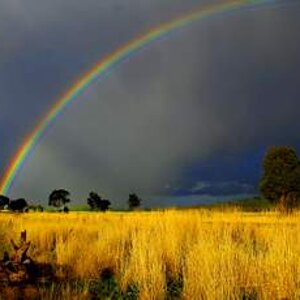Hey guy! I am doing a research on How Film Company survive in Digital Age?
I need to interview someone on this topic but i couldnt find any one.
can you guys answer my question here ?
Q1- As digital camera has been placed film in photograph industry , what do you think that film company such as Kodak should changed to fit in the digital age?
Q2- [FONT="]Even Kodak has announced retires Kodachrome color film this year, do you think that film be eliminated in photograph business?
Q3-[/FONT] do you think film cameras and digital cameras can be balanced?
Thank You
I need to interview someone on this topic but i couldnt find any one.
can you guys answer my question here ?
Q1- As digital camera has been placed film in photograph industry , what do you think that film company such as Kodak should changed to fit in the digital age?
Q2- [FONT="]Even Kodak has announced retires Kodachrome color film this year, do you think that film be eliminated in photograph business?
Q3-[/FONT] do you think film cameras and digital cameras can be balanced?
Thank You


 How much do you think would be left of harddrives, CDs or DVDs after so many years of improper storage? If some people can't afford proper software to PP their photos, what's the likelihood their are backing up their collection properly?
How much do you think would be left of harddrives, CDs or DVDs after so many years of improper storage? If some people can't afford proper software to PP their photos, what's the likelihood their are backing up their collection properly?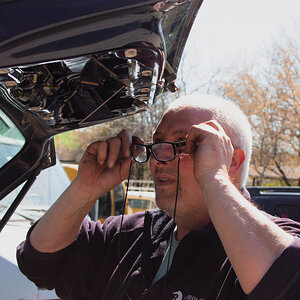

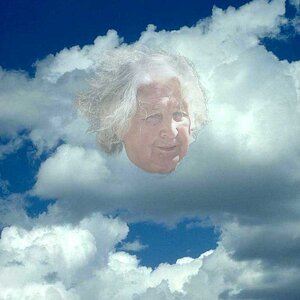

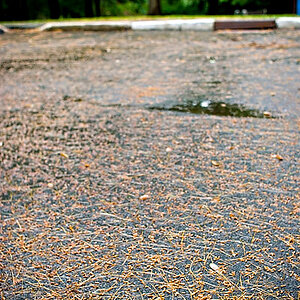

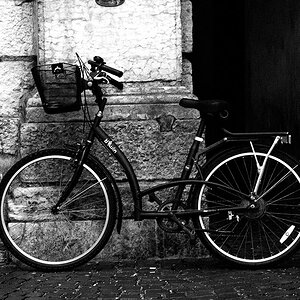
![[No title]](/data/xfmg/thumbnail/33/33876-69ae4c2723e06d63117dc3b1b6629647.jpg?1619736182)



